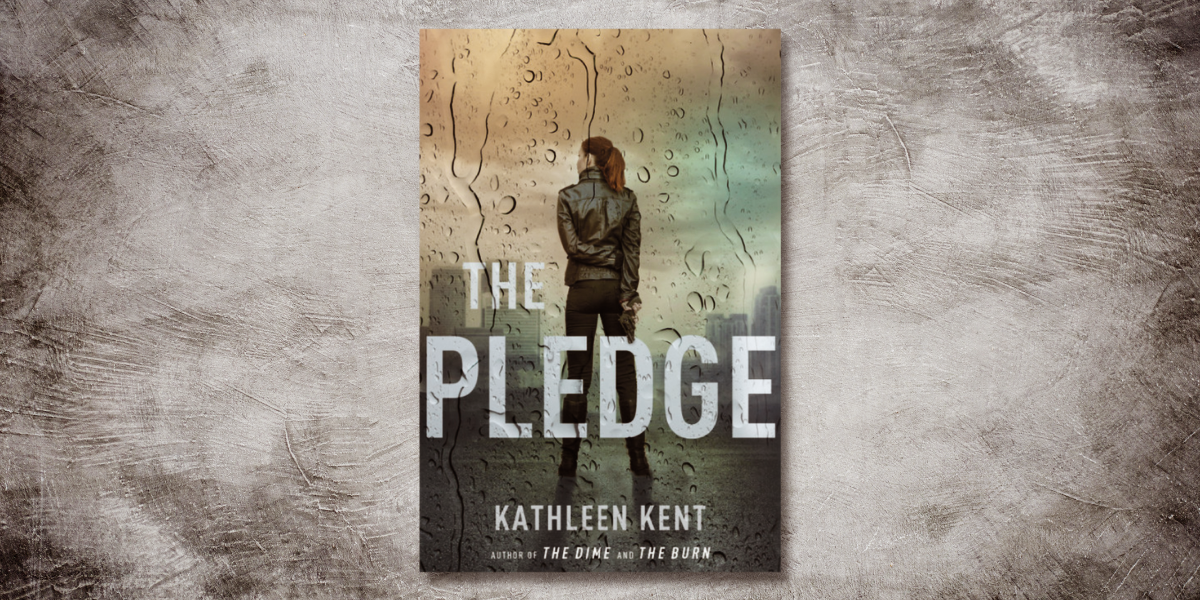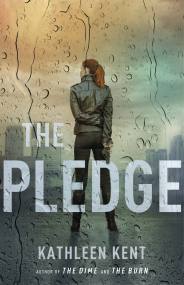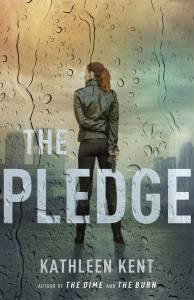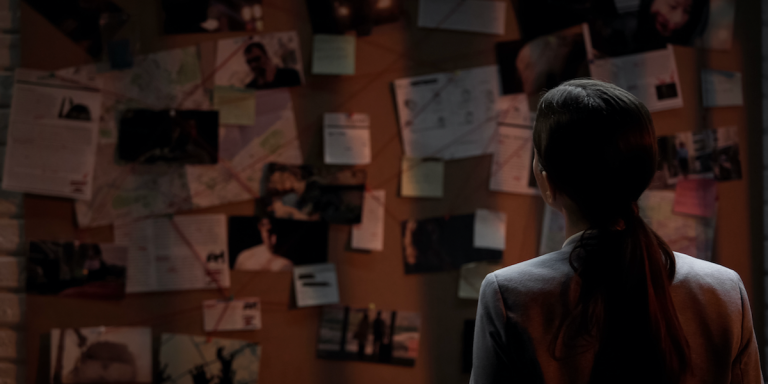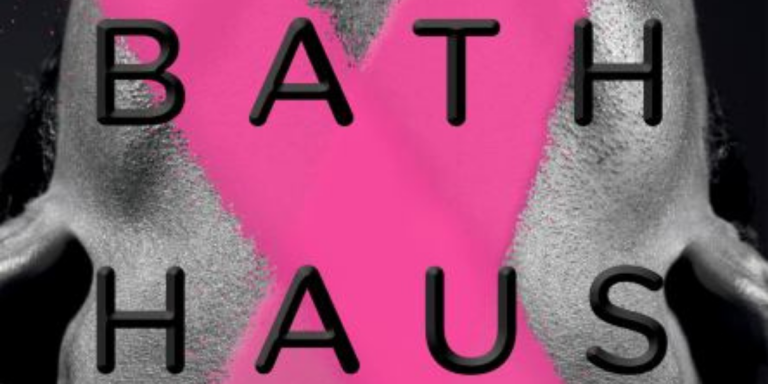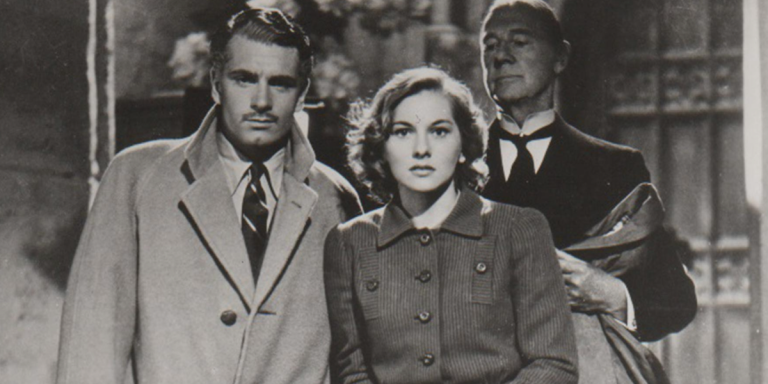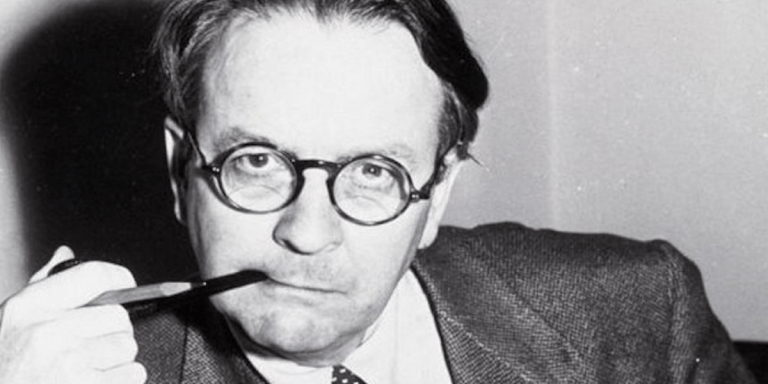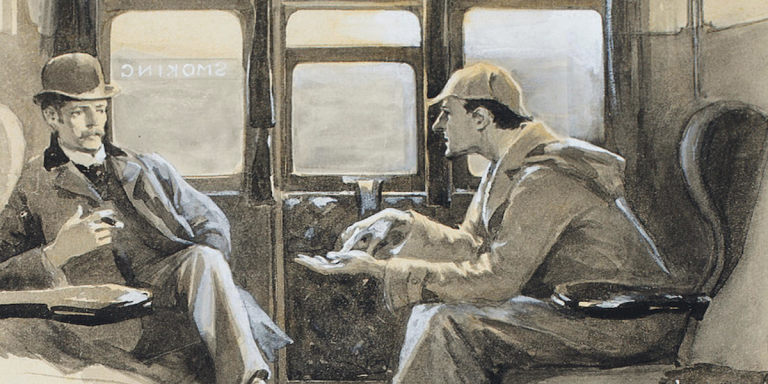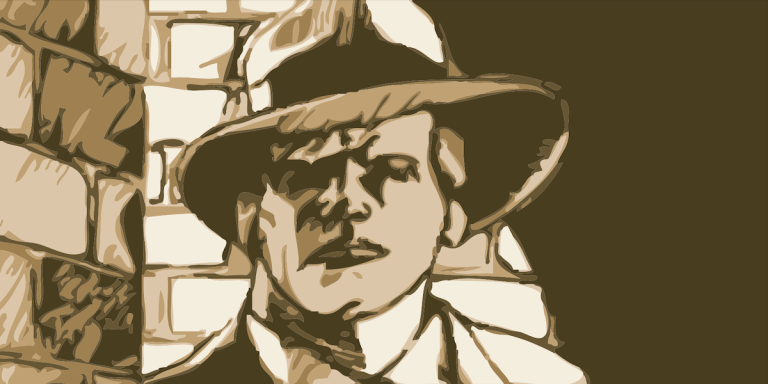Read the Excerpt: The Pledge by Kathleen Kent
Chapter 1
Brooklyn, New York
Monday, September 10, 2001
Uncle Benny and the Homicide Squad from the 94th Precinct in Brooklyn had special code words they used to prepare later arriving officers for a murder scene: round, sirloin, rib, and chuck. Round meant there was no obvious external violence — little or no blood, perhaps a death by poison or overdose, or a discreet puncture wound to the back of the head by an ice pick. Sirloin was a single bullet wound, accompanied by a small amount of blood; rib, a knife wound with a bit more blood; chuck, multiple shot or stab wounds with lots of red.
But beyond that was ground, reserved for the most violent, rage-filled deaths, and with that designation, you knew to forget eating for the rest of the day.
When Benny asked me over the phone what the situation was in the fifth-floor walkup, I choked out the word: “Pureed.”
“In the Janovicz apartment?” he asked, incredulous.
“It appears to be Stephan,” I told him. “At least they think it’s him.”
“Jesus,” Benny said. “Where’s Mrs. Janovicz?”
“Out on the ledge,” I said.
It would take twenty minutes for Benny to arrive at Kosciusko Street, which fronted the building, already blocked with local patrol cars, vehicles belonging to the homicide team from the 79th Precinct, as well as a fire truck and two ambulances. Just into my second year as a patrol officer, I had caught the radio call of a code 10-55, a coroner case, while driving up Bushwick Avenue, and recognized the address. The apartment of Stephan and Sophie Janovicz, the long-married Polish couple who owned two successful pastry shops, one in Williamsburg and one in Greenpoint, where I had grown up. Every birthday, anniversary, wedding, and retirement party my family ever celebrated was graced by a Janovicz cake. Their pierogi would have made the pope weep.
Homicide had beaten me to the location, as the station was literally three blocks from the building. I walked up the four flights of stairs but was stopped at the open door of the apartment by a no-neck uniformed sergeant named Lou Lozario, who told me I didn’t want to see what was inside. When I explained that I knew the Janovicz family, he said, “Well, then, you definitely don’t want to be here.”
He looked strong enough to throw down a bull but was as pale as a bucket of milk and wore a small, crusted patch on his jacket, a result, very possibly, of upchucking what had remained of his breakfast. He was wide but short, and over his head I could see the lower half of a man’s body, fully clothed, supine on the floor, his custom-made brogues neatly polished to a soft sheen. Where the head should have been was a pulpy mess; surrounding the body was enough blood to fill a bathtub. It was as though someone had upended a bucket of red paint all over the living room floor. There was no way for the detectives to explore the apartment without displacing the blood everywhere, and the sergeant’s footprints had tracked like arrows to the doorway where we stood looking at each other in shared disbelief.
“We think it’s the old man,” he’d said.
“You think?” I’d asked.
A tic had started under his left eye. “Hard to tell at this point.”
“Where’s Mrs. Janovicz?” I’d whispered hoarsely, not really wanting to know the answer.
He’d jerked a thumb over his shoulder toward an open window where two detectives stood, talking to the air outside.
“She’s out there, threatening to jump,” he’d said, and by the tone of his voice, he believed it to be a foregone conclusion.
***
I met Benny on the sidewalk, and we exchanged a few tense greetings. But as soon as we approached the front of the apartment building, the stocky sergeant appeared in the entranceway like an oversize temple djinn.
“What are you doing in the seven-nine, Ben?” Lozario asked. He was using his bulk as a barrier, trying to look like he wasn’t denying entry to a homicide cop from another precinct. “Things in the nine-four not hot enough?”
“How’re you doing, Lou?” Benny asked, looking pointedly at the splash of vomit on the sergeant’s jacket.
“Oh, peachy,” Lou said. “I appreciate your stopping by, but we’ve got it pretty well covered.”
Benny pointed upward. “The Janoviczes, huh?”
“Yeah, looks like.”
Benny gestured to me. “Officer Rhyzyk here tells me Mrs. Janovicz is perched on the ledge, threatening to jump.”
Sergeant Lou looked at me with a raised brow. There were only three Rhyzyk cops at that time in Brooklyn: Sergeant Bernard Rhyzyk, my uncle, who was standing before him, the notorious Phillip Rhyzyk, who happened to be my father, and me.
“She’s been out there how long?” Benny asked.
Lou shrugged. “About half an hour.”
“No luck talking her back in?”
“Nah, and she’s too far away to grab. And honestly, I’m not sure we’re getting her back into the apartment at this point.”
Benny looped one arm through mine. “Oh, yeah? I got an idea that might help with that situation.”
Lou crossed his arms and stared down at his size twelve double-wide shoes, frowning.
“Look,” Benny said, “you gonna step aside, or do I have to use patrolwoman Rhyzyk here as a battering ram?”
The sergeant moved to the side, sweeping one arm out in a “be my guest” gesture.
I led the way up the stairs to the Janoviczes’ apartment, then paused outside the door, letting Benny and Lou enter first.
I stared at Benny’s back as he gazed at what was left of Stephan, still lying undisturbed on the floor. The forensics crew seemed uncertain how best to bag his mortal remains.
“The hammer’s in the sink,” Lou said. “Looks like she tried to wash it off. But the, uh, solid bits clogged the drain.”
Benny pivoted on his heels, his face a careful mask of professional detachment, and walked to the doorway, where I was standing.
“Did you see?” he asked, motioning with his head toward the body.
“Not really . . . yeah, some,” I said.
He took one arm and steered me into the apartment toward the window where the homicide detectives were still standing. “Don’t look,” he ordered as we passed Stephan.
“What’s happening with Mrs. Janovicz?” Benny asked the older of the two.
The detective shrugged. “She refuses to come in. She won’t even talk to us.”
“We got a net coming for the street, but I don’t know if it’ll be here in time,” the younger detective said.
Benny turned to me. “Betty, see if she’ll talk to you.”
Suddenly I’d gone from being a spectator to being a participant. My heart began to thud in my chest. The most urgent coaxing I’d done thus far as a cop was to persuade a teenager to return a pilfered apple to an outdoor fruit stand.
The detectives moved away, and I ducked under the raised window, the wood frame cracked and warped, craning my head to the left. On the ledge, about a foot wide and covered with pigeon droppings and feathers, sat Mrs. Janovicz. Most of her skin and clothing below her neck were covered in blood, but her face, at seventy, still had the unstained porcelain appearance of a Dresden doll; her gray hair rolled and pinned neatly against her scalp, the pink beads draped around her throat mirroring her petal-pink lipstick.
She was staring off into the far distance, her lips moving slightly, as though talking to herself. Or in prayer.
“Mrs. Janovicz?” I said softly. When she didn’t respond, I cleared my throat and called her name a little louder.
She turned her head to me, her brow wrinkled in confusion, or displeasure. “Who’s that?”
“It’s me. Betty Rhyzyk. Elizabeth, Phillip Rhyzyk’s daughter.”
“Elizabeth?” In trying to focus on my face, she leaned forward slightly, away from the building.
Instinctively, I held out a cautioning hand. “Be careful, Mrs. Janovicz. Don’t lean away from the building like that.”
“Elizabeth with the beautiful red hair?” she asked uncertainly. Fifty years in the States, and her Polish accent was still prominent.
I pointed to my hairline, turning my head so she could see the color of my hair; the hair my mother had laughingly called “hussy red.” “Yes, that’s me, Mrs. Janovicz.”
“How are you? I haven’t seen you in the shop for such a long time.”
I felt a slight pressure on the small of my back — Uncle Benny, standing behind me, prompting me to talk her back into the apartment.
“I’m good, Mrs. Janovicz. Come back inside and we can visit some more.”
She returned her gaze to the Brooklyn skyline, and took a breath. “No. I’m happy to sit here for a little while longer.” She smiled and looked back at me. “Why don’t you come out here and we can talk?” She patted the ledge like she was seated on the down-filled Victorian sofa in her living room. The sofa that was now spattered with her husband’s brain matter.
Her lips began to quiver. “No one ever visits anymore.” She covered her face with both hands and began to cry in earnest, her body rocking back and forth perilously toward the edge. “I’ve been so lonely — ”
“Wait!” I said sharply. “I’m coming . . . I’ll come out to you. Just, for God’s sake, Mrs. Janovicz, stay still. Don’t move, okay?”
Benny grabbed on to my belt with both hands, whispering hoarsely into my ear, “I’ve got you, but just sit right here. Don’t go all Spider-Woman on me.”
I carefully edged my way out, making sure the cheeks of my backside were perched safely over the bottom of the window frame, while my legs dangled into the void.
“Come closer,” she said. “I can’t see you so good. I left my glasses in my purse.”
“That’s okay, Mrs. Janovicz. I’m good right here.”
Her crying jag over, she slumped against the building, one cheek pressed to the brick wall.
“Septembers in New York are the best, don’t you think?”
“Absolutely. The best,” I said. “But, you know, it gets pretty chilly at night. Sunset is coming soon, and you don’t have a sweater. You want to come back inside and get something a little warmer?”
“That’s good, Betty,” I heard Benny whisper behind me. “Keep talking to her just like that.”
But she shook her head and raised one hand to her throat, her encrusted fingers stroking her necklace. I realized with a jolt that the rosy pink beads had, at some point earlier in the day, been white pearls.
“They’re never going to believe me,” she said sadly.
“What won’t they believe, Mrs. Janovicz?” I asked.
“What Stephan’s been doing.”
“Are you talking about Mr. Janovicz? Whatever it is, you can talk to me about it. Let’s have some tea, and sit at the table — ”
“No,” she said sharply, shaking her head. “No. You’ll take his side. Everybody always takes his side. ‘Stephan’ people say, ‘Stephan is so good, so hardworking. He’s a — ’ ” She paused, and then said in Polish, “Porządny facet. You know what is this?”
“Upstanding guy,” I said.
“Right. Upstanding guy.” She laughed unpleasantly. “Standing up in filth, I say.”
“Did he hurt you?” I ask.
She muttered something in Polish. “Yes. He hurt me. But not as much as he hurt my granddaughter.”
I could feel Benny shifting his weight behind me. “Ask her about her granddaughter,” he whispered.
“Your granddaughter,” I say, desperately trying to remember the name of the little blond cherub whose photographs graced the wall behind the cash registers in the Janovicz bakeries. “You mean Anna?”
“Yes, my Anna,” she said, and began crying again, her hands restless in her lap. “How could he do that to her?”
I carefully scooted a few inches toward her on the ledge and felt a second set of hands grab on to my belt. Reaching out, I said, “Mrs. Janovicz, please let me help you. If you were to fall, what would that do to Anna? How would we explain it to her?”
“Fall?” she said, her eyelids blinking rapidly, her gaze unfocused. “But I don’t want to come in. I don’t want to see him.”
“The body’s been removed from the apartment,” Benny muttered behind me. “Tell her he’s gone.”
“You won’t have to see him,” I told Mrs. Janovicz. “He’s not in the apartment.”
Her dazed look was replaced by an expression of narrow-eyed suspicion. “He’s always there. He never gives me any peace.”
Her hand shot out and she grabbed my outstretched fingers with an iron grip, yanking me toward her. I heard Benny swear, and he slipped one tense arm around my waist.
“Don’t you side with him! Don’t you do it!” she said.
“No, I won’t, Mrs. Janovicz. Look, I’m here with you, right? We’re sitting here talking. Just the two of us.”
She leaned closer to me, her grip causing my fingers to whiten, but she smiled knowingly. “But I understand you, Elizabeth. I know you don’t fool with the men. You’re smart that way.”
She gave another tug on my fingers. “Come with me. We’ll go together, okay?”
The tug on my hand became more insistent, and she looked away from me, out toward the expanse of rooftops that were beginning to darken into the shadows of the coming night.
“We’ll need to hurry,” she said, her chin lifting as though in preparation for flight.
Then Benny’s voice harsh in my ear: “For Christ’s sake, Betty, we’re going to lose her. Say something . . . anything . . .”
“Okay, okay, okay,” I managed, waving my free hand at her, like I was flagging down a bus. “But you can’t go yet . . . I’m . . . I’m hungry.”
“Hungry?” she repeated, turning to face me, her brow wrinkled with concern.
I had her attention again. “I didn’t get a chance to eat anything this morning, and now I’m really starving. Do you think I could have just a little something to eat, Mrs. Janovicz? You know . . . before we go?”
She smiled at me. The grandmother whose greatest pleasure in life had been feeding people. “Of course, Elizabeth. Why didn’t you say something earlier? We’ll go into the kitchen, and I’ll make you something nice.”
Still holding my hand, she started scooting toward me as Uncle Benny slowly eased me backward through the open window. With surprising alacrity, Mrs. Janovicz followed, letting the two detectives help her climb back into the apartment.
She smiled graciously at the two men and asked, “Who’s ready for some Kołacz?”
***
Later that night, I met Uncle Benny at Donovan’s, his favorite Brooklyn bar, for a few shots of forgetfulness. It was the place where he worked his magic — what he called “Reaping the Grim.” Reaping the Grim was always held within the revered walls of Donovan’s: a collective, boisterous, secretive ritual meant only for the male officers to let off some steam, and distance themselves from the horrors of the job. But Benny had encouraged me to create my own ritual for expunging the terrible emotional hangover that comes from the aftermath of violence. And for me, that day, it had been running eight miles, the intense workout emptying my mind of everything but my body’s response to the physical challenge.
We sat in a booth at the back, away from the steady flow of off-duty cops who perched noisily at the long oak bar worn smooth by a century of elbows levering pints of Guinness and shots of whiskey to pour down exhausted or relieved or embittered throats. Benny had ordered two shots each of Jameson for us and waited until I had downed the first before asking me how I was doing.
“Do you think she was right about Stephan?” I asked. “I mean, Jesus, it’s hard to think of him that way. What she said about Anna, his granddaughter? He seemed like such a nice guy.”
Benny wagged his head from side to side. “The world’s full of nice guys who end up doing terrible things.” He picked up the second shot and toasted me. “You did good today.”
“I thought I was going to lose her there for a minute.”
“Yeah, but you didn’t. You instinctively knew to touch on the one thing that was at the core of who she was. Remember that. That’s the best way to work your way out of a bad situation.”
“What’s going to happen to her?” I asked.
“Hard to say. The kindest thing would be for a long, relaxing, medicated stay in the hospital.”
I shook my head. “Maybe the kindest thing would have been to let her jump.”
“Except then, instead of me sitting here commiserating with you commiserating with her, I’d be trying to talk you out of your guilt that she jumped. You did what you were supposed to do. What you were born to do. Protect good people. Some people would say Mrs. Janovicz owes you for saving her life. But the truth is that the burden now rests squarely on your shoulders, Betty. You saved her life. That makes you her guardian angel forever.”
He takes a sip of his Jameson. “You know, if I’m being honest, I never liked Stephan. Between you and me and this table, I don’t care that Mrs. Janovicz aerated his brainpan. She was a good woman who was protecting her granddaughter. Anybody did that to you when you were a kid, I would have taken a chain saw to them, forget about the hammer.”
“You always did look out for me,” I said.
Sometimes more than my own mother, I thought. And certainly more than my father.
“And I’ll always look after you,” he said. “Listen, drink up and get some sleep tonight. Tomorrow will be a better day.” He finished the last of his second shot of Jameson. “Here’s to September eleventh. The sun will rise, the buildings will stand, and we, Officer Rhyzyk, will always have a job to do.”
Order the Book
Things are looking up for Detective Betty Rhyzyk. She’s settled into a happy marriage and been promoted to Sergeant in the Dallas Police Department. But when a hostage stand-off puts her on the phone with legendary cartel leader The Knife, things take a turn. The Knife has heard a rival is making a play for the streets of Dallas—none other than Evangeline Roy. The matriarch of a ruthless cult, Evangeline also happens to hold a personal vendetta against Betty. So who better to draw Evangeline out of hiding? Betty’s got two weeks to catch her. Or else.
With Betty’s young charge Mary Grace already missing—having left her seven-month-old baby behind in Betty’s care—and the drug dealers of Dallas donning strange red wigs and delivering cryptic messages, Betty’s in a race for answers. With the clock ticking down, it will take everything she’s got to finally put an end to Evangeline’s reign of terror, and to keep her beloved Dallas—and her own family—safe at last.
By clicking 'Sign Up,' I acknowledge that I have read and agree to Hachette Book Group’s Privacy Policy and Terms of Use
What to Read Next
